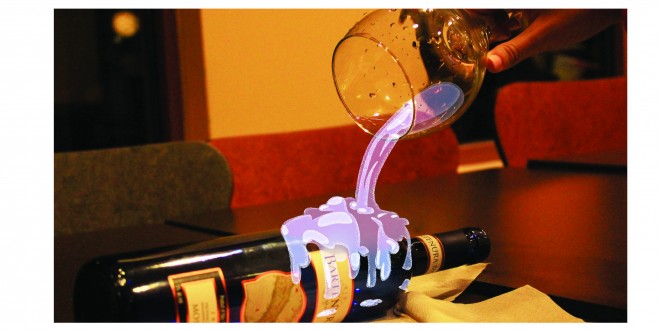by Kristin Whitman
People will find a way to do what they want, no matter what they’re told—case and point: prohibition.
Dartmouth College is a member of the Ivy League and is constantly ranked among the world’s greatest academic institutions, yet the school alcohol policy is up for debate among students, faculty and staff.
President Phil Hanlon announced policy reforms intended to curb high-risk behavior, improve academics and stop sexual assault, by banning hard alcohol.
Liquor containing more than 15 percent alcohol will be banned starting March 30, enforced only upon undergraduate students, even if they are of legal drinking age.
Many questions arise from this new policy. Is alochol the cause of sexual assult? Beer is still acceptable? Graduate students are allowed to consume whatever they please? Last but certainly not least, how can a 21 or older person be told they cannot have “hard alcohol?”
This policy tells perpetrators “it is not your fault for sexually harassing others, it was the alcohol that made you do it.”
But the substances are not the problem; the offenders are.
If Dartmouth is trying to stop the act of binge drinking, I would think that beer would be the first thing prohibited. Beer seems to be the number one product of binge drinking.
As a 21-year-old undergraduate student, I find it unfair to ban me from drinking but to allow my 21-year-old roommate, who is a graduate student, to be able to drink whatever she pleases. I think that prohibiting students who are of age will cause them to act out and want to drink these hard alcohols even more.
If someone thinks that banning hard alcohol will do anything but intensify issues of binge drinking, sexual assault and victim blaming on Dartmouth’s campus, then that person is part of the problem.
 The Spectator The independent student newspaper of Valdosta State University
The Spectator The independent student newspaper of Valdosta State University






